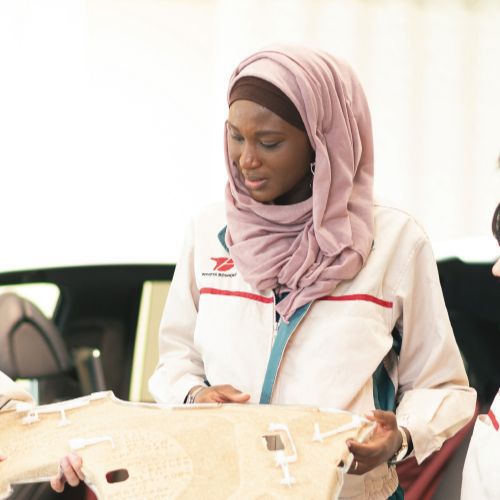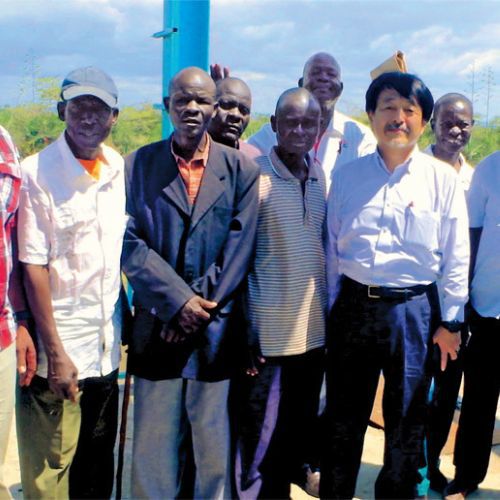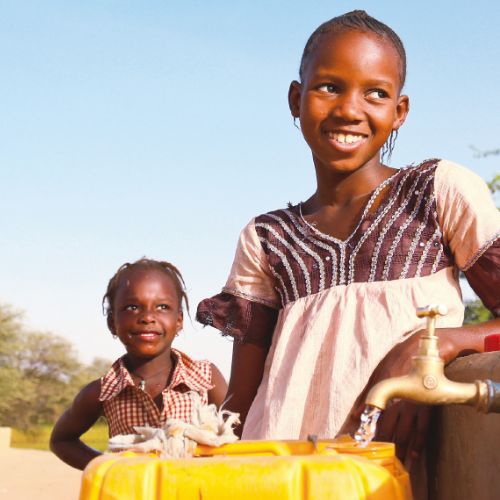The Seventh Tokyo International Conference on African Development (TICAD) will be held in Yokohama during August 2019. This is a Summit-level international conference on Africa’s development which was initiated by Japan since 1993.
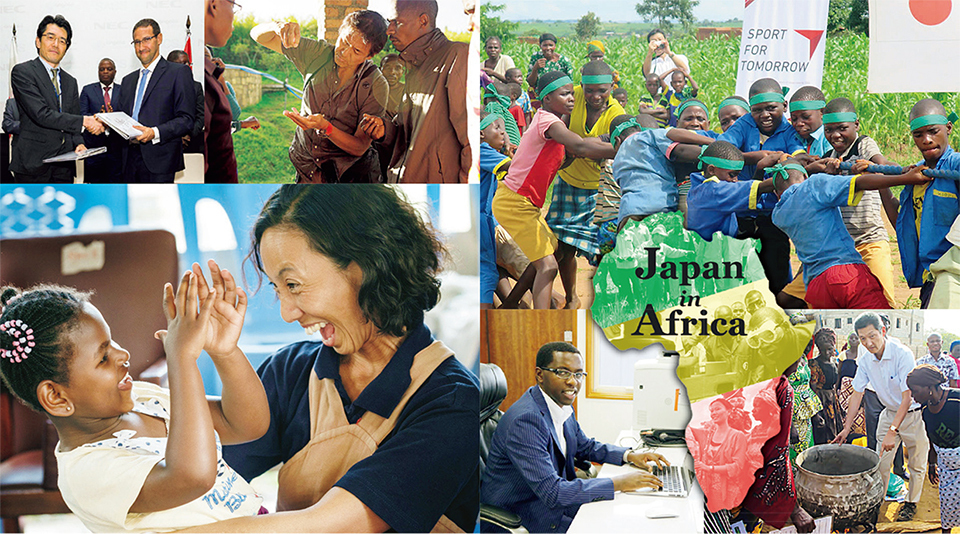
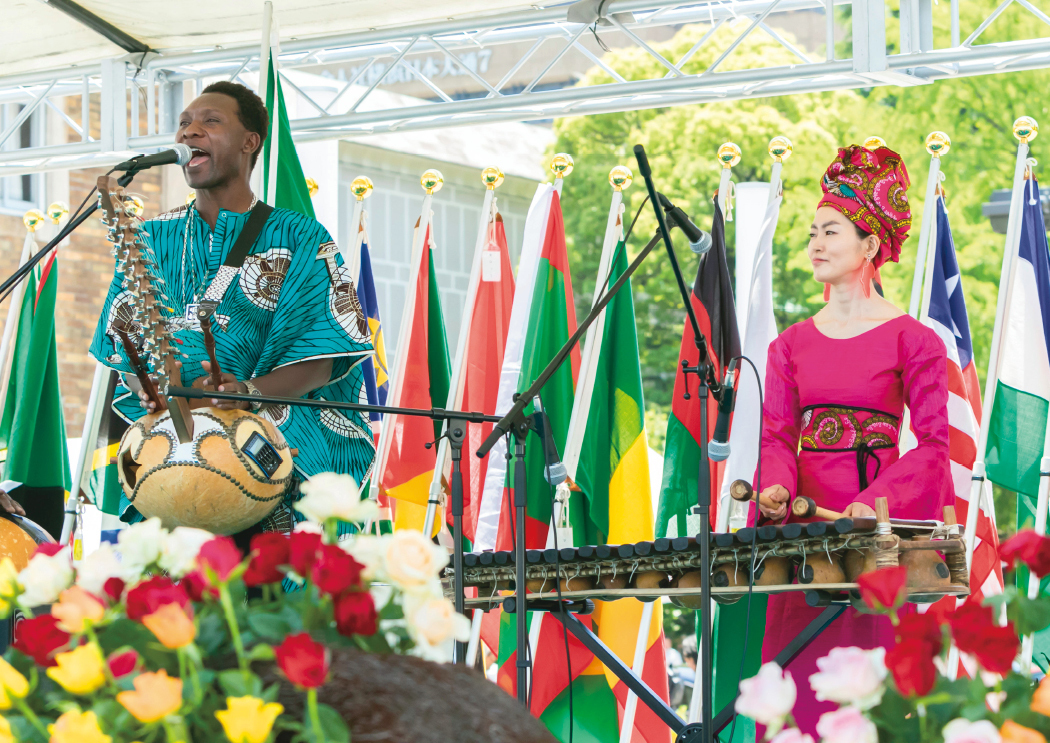
Ima no Africa, an event to deepen understanding of Africa, was held in Yokohama in May. Some 38 African countries set up booths at the lively event, treating the many visitors to not only culture and food, but also stage performances of African music and traditional dance.
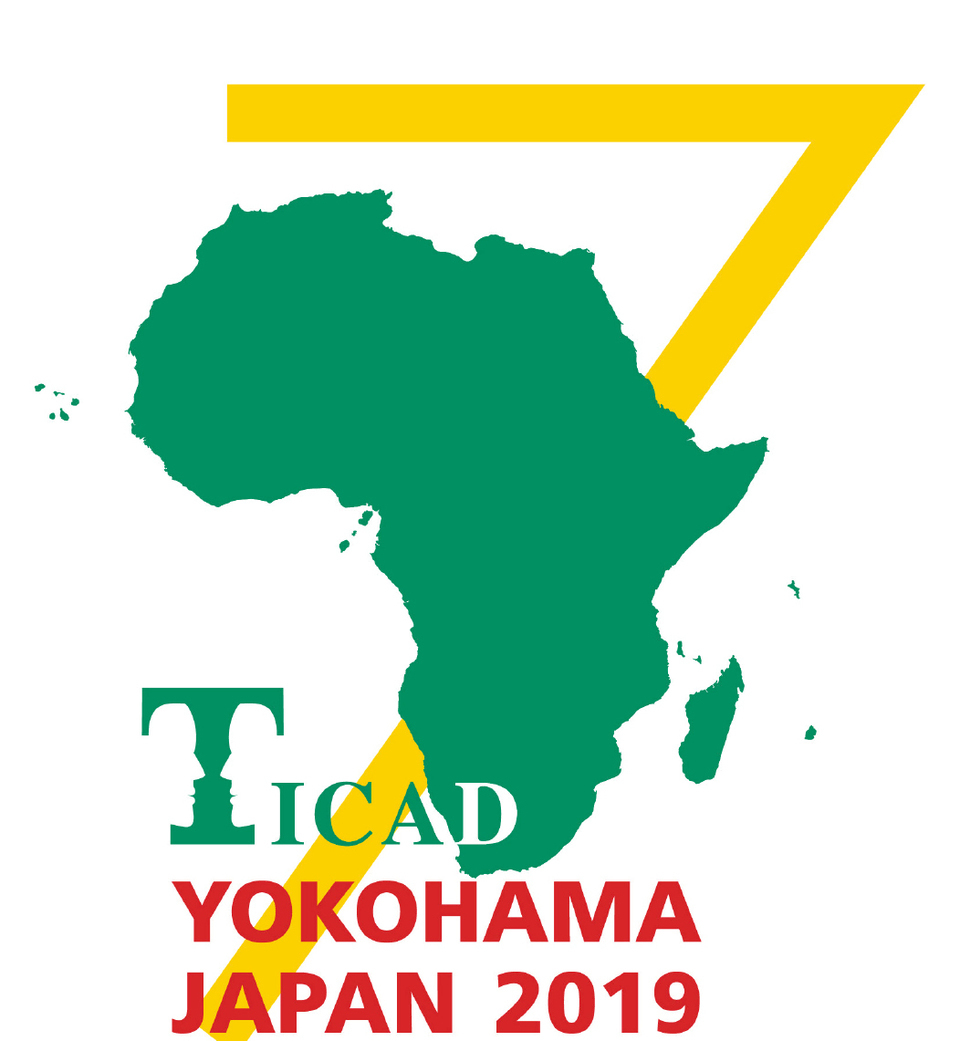
In May 2019, in fair-weathered Yokohama, many people gathered to celebrate “Ima no Africa” (Africa Now), an event where visitors engage in African culture through music and fashion. The success of this year’s event, the second time it was held, was testimony to the friendly relations between Japan and Africa.
Yokohama is the host city of TICAD7, the Seventh Tokyo International Conference on African Development, held from August 28 to 30, 2019. What is striking about TICAD is that rather than being a stage for bilateral relations between Japan and African countries, it uses a multilateral framework involving the participation of international organizations. It is also broadly accessible to diverse stakeholders, including those from private enterprise, academia, and civil society, with the number of participants at TICAD VI held in Nairobi, Kenya exceeding 10,000. TICAD is also a place where African ownership is given serious regard. In addition, follow-up meetings at ministerial level are held annually to enable the respective ministries to properly stay abreast of the status of ongoing projects resulting from commitments adopted at TICAD. Those meticulous efforts have drawn strong praise from African countries.
As Africa’s politics and economies have advanced through different stages of development throughout the event’s 26-year history, TICAD’s role has also changed. In addition, Japan’s assistance to Africa also shifted its emphasis from government development assistance to economic development.
At TICAD VI, Prime Minister Shinzo Abe announced that over the three years from 2016 to 2018, Japan would invest approximately 30 billion dollars under public-private partnership for the future of Africa centering on developing quality infrastructure, promoting resilient health systems and laying the foundations for peace and stability. These measures develop human resources to 10 million people (“Empowerment”) by making use of the strength of Japan (“Quality”).
At TICAD7, various issues will be discussed, especially the three key themes of economic transformation and improvements in business environment and institutions through private investment and innovation, the promotion of resilient and sustainable society for human security, and peace and stability. The private sector must also play a crucial role in Japan’s efforts to assist in Africa’s transition to a new industrial structure. We therefore can expect to see a further strengthening of public-private partnerships aimed at business expansion. There will also be lively discussions concerning ways to achieve the Sustainable Development Goals (SDGs). Against the backdrop of Africa’s solid economic growth, the improvement of the business environment has become one of the important issues, and we can expect expanding investment in Africa and a strengthening of economic cooperation to support that.
As Africa has abundant resources and enormous potential for economic growth, it is also attracting great interest from Japan’s private sector. Looking ahead, it is hoped that Japan will continue to actively cooperate in creating Africa’s future.

Dr. Ibrahim Assane Mayaki
Chief Executive Officer of the New Partnership for Africa’s Development (NEPAD), Former Prime Minister of Niger
TICAD is a strategic and important process in Africa’s industrialisation efforts
The needs of both Africa and Japan have taken a new turn in the face of changing world dynamics that call for adjustments and changes in the way strategic partnerships are conducted. The African Union (AU) has recently been undergoing a fast-paced reform process, which means that there should be alignment with the TICAD process so that the partnership reflects the new development trajectories shaping the future for Africa and Japan.
Holding the TICAD VI in Africa in August 2016 demonstrated the growing African ownership of the TICAD process, which attracted the attention of African States and all TICAD partners. The last TICAD has allowed for a greater involvement of the AU structures in the TICAD process, while providing Japan with a better understanding of Africa’s decision-making mechanisms and processes as well as priority areas, at the multilateral level and existing bilateral engagements.
It is expected that TICAD7 will focus more on business aspects giving priority to business engagement. Moreover it is vitally important for TICAD to respect the AU frameworks for regional solutions.
TICAD has played and will contribute to play the role as catalyst for linking of national, regional, continental and global value chains to promote connectivity and enhance the capacity of Africa’s private sector through technical support, experience-sharing on SMEs (small and medium enterprises,) promotion of agro-industry expansion, and learning from Japan’s kaizen experience to leapfrog technical development for Africa. TICAD is therefore a strategic and important process in Africa’s industrialisation efforts.


























